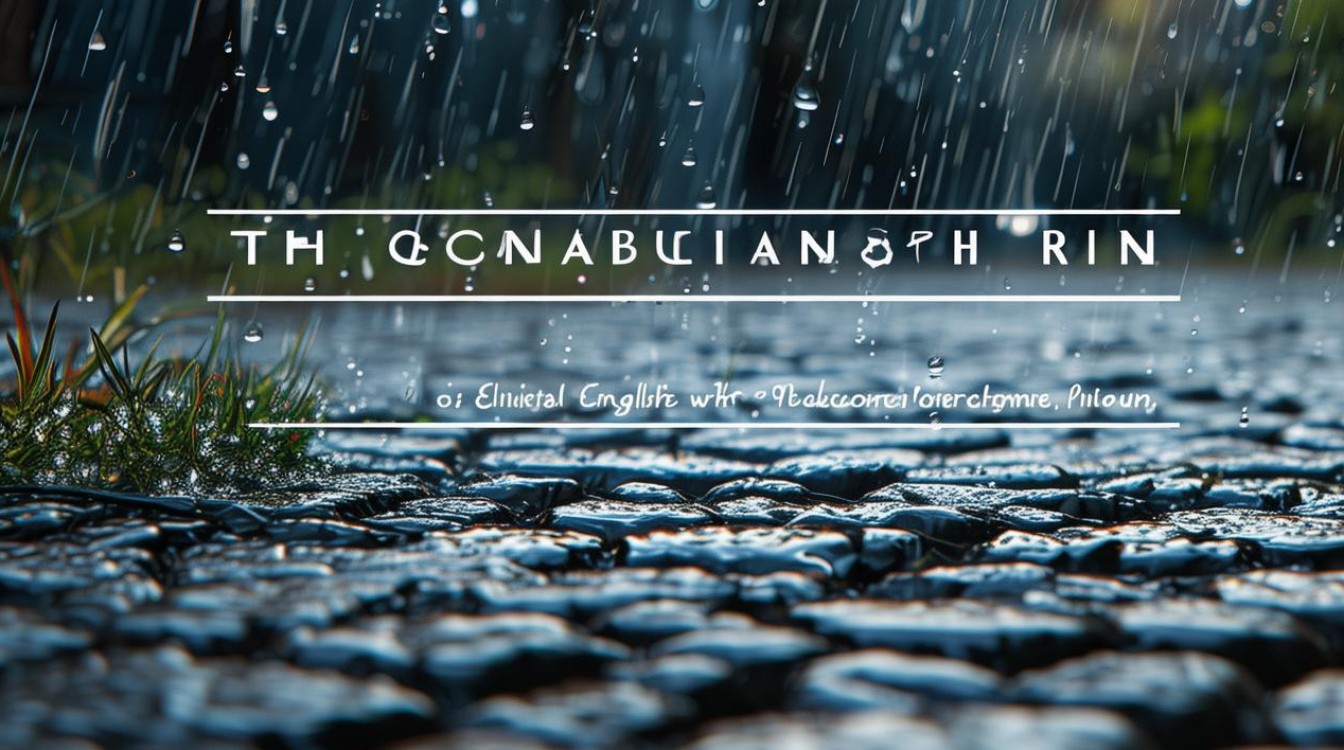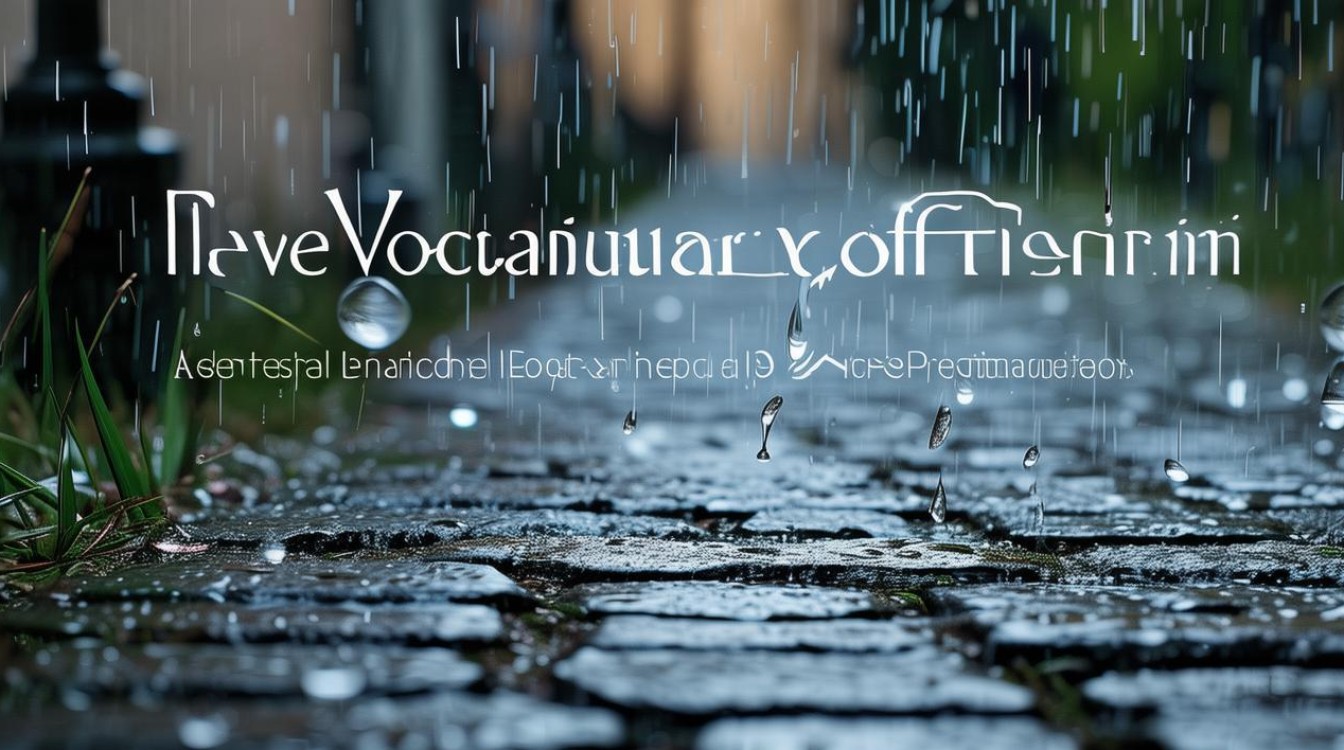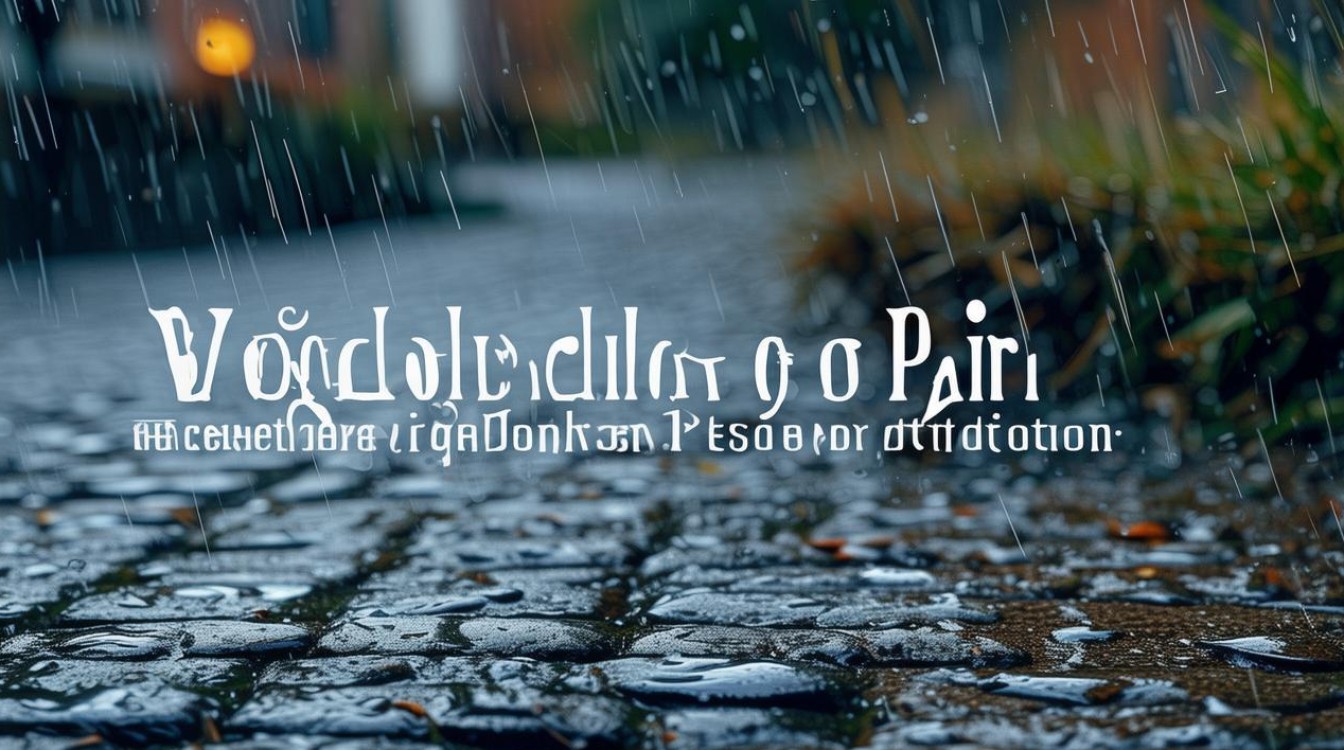Rain has inspired poets, artists, and everyday conversations for centuries. Whether you're learning English or simply curious about meteorological terms, this guide explores the rich lexicon of rain-related vocabulary. From gentle drizzles to torrential downpours, here’s a comprehensive list of words and phrases to describe rain in English.

Basic Rain Vocabulary
Rain – The most common term for water droplets falling from clouds.
Precipitation – The scientific term for any form of water falling from the sky, including rain, snow, or hail.
Drizzle – Light rain with very small droplets, often mist-like.
Shower – A short period of rain, usually intermittent.
Downpour – Heavy, intense rainfall.
Types of Rain
Sprinkle – A very light rain, barely wetting the ground.
Mist – Fine droplets suspended in the air, often creating a hazy effect.
Deluge – An overwhelming amount of rain, often causing floods.
Sleet – A mix of rain and snow, usually partially frozen.
Freezing rain – Rain that freezes upon contact with cold surfaces.
Descriptive Rain Words
Torrential – Extremely heavy rain, often associated with storms.
Gentle – Soft, light rain without strong winds.
Steady – Continuous rain without breaks.
Driving rain – Rain pushed by strong winds, making it feel harsher.
Patchy rain – Irregular rainfall occurring in some areas but not others.

Rain in Weather Forecasts
Scattered showers – Rain occurring in some places but not everywhere.
Isolated thunderstorms – Localized storms with rain, lightning, and thunder.
Persistent rain – Long-lasting rainfall over hours or days.
Tropical rain – Warm, heavy rain common in equatorial regions.
Convective rain – Rain caused by rising warm air, common in summer.
Idioms and Expressions About Rain
"It’s raining cats and dogs" – A humorous way to say it’s pouring heavily.
"Save it for a rainy day" – To reserve something (often money) for future need.
"Come rain or shine" – No matter the circumstances.
"Right as rain" – Perfectly fine or healthy.
"Take a rain check" – To postpone plans politely.
Scientific and Technical Terms
Hydrology – The study of water movement, including rainfall patterns.
Condensation – The process of water vapor turning into liquid, forming clouds.
Evaporation – The transformation of water into vapor, part of the rain cycle.
Humidity – The amount of moisture in the air, affecting rainfall likelihood.
Monsoon – A seasonal wind system bringing heavy rains, common in Asia.

Rain in Literature and Culture
Rain often symbolizes renewal, melancholy, or cleansing in literature. Famous works like The Great Gatsby and Wuthering Heights use rain to set mood and tone. In film, scenes like the iconic kiss in The Notebook use rain to amplify emotion.
Regional Variations in Rain Vocabulary
British English often uses "spitting" for light rain, while Australians might say "bucket down" for heavy rain. In the American South, "gully washer" describes a storm that fills ditches (gullies) with water.
Understanding these terms enhances weather discussions, travel planning, and even creative writing. Next time it rains, you’ll have the perfect word to describe it.

Rain isn’t just weather—it’s a language of its own. Whether you're a writer, traveler, or weather enthusiast, mastering these words helps you appreciate the nuances of nature’s most common yet poetic phenomenon.

